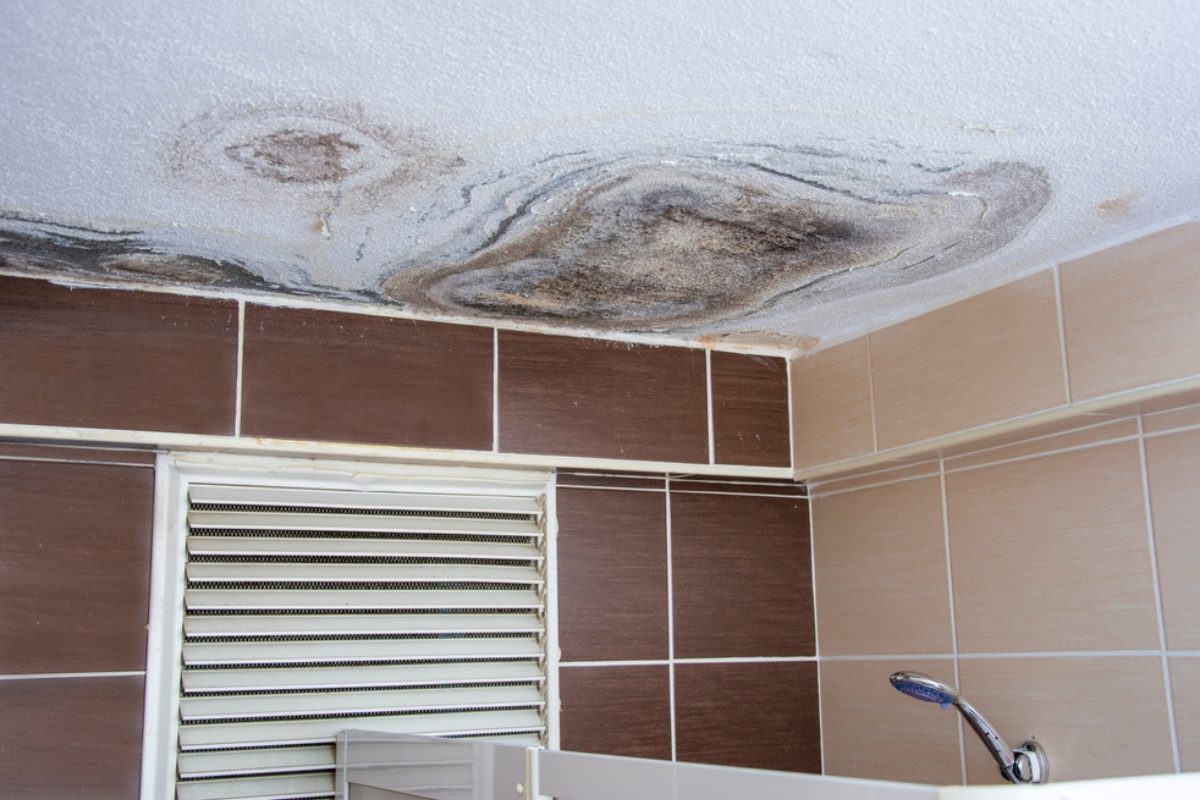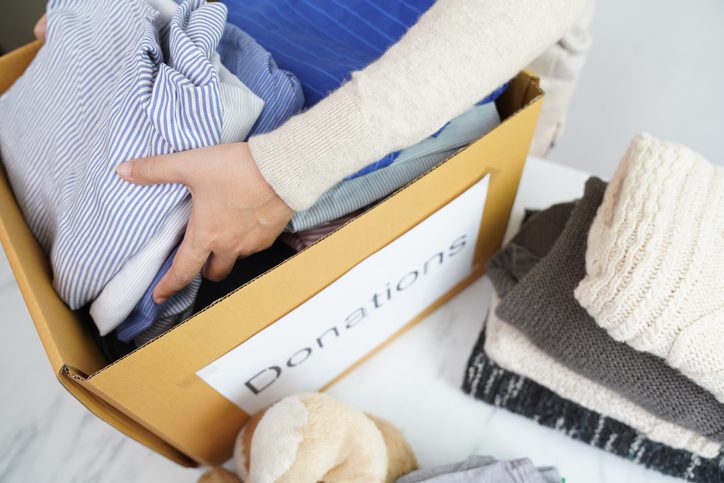
In addition to damaging building materials, household goods, and furnishings, mold can also increase your risk of potential health problems.
As a state surrounded by water and vulnerable to flooding—not to mention the high levels of humidity—mold is a common problem in Florida buildings and homes.
What is mold?
Molds are types of fungi. They grow in the natural environment, and help break down plant and animal matter. They can also be found in buildings and homes. Because mold needs moisture, it grows in places where humidity is high, like in basements and bathrooms, along window sills, and on porous materials like drywall.
To reproduce, molds release spores. These spores are everywhere and can spread through air, water, or on animals. Mold spores become a problem in your home when they find a warm, moist spot, and begin to grow. Not only can mold overgrowths destroy your home and furniture, but they can also be harmful to your health.
Can mold make my family sick?
People are exposed to mold every day, but extensive mold contamination can cause health problems. Exposure can increase when indoor moldy materials become dried, damaged, or disturbed, causing spores to be released into the air and then inhaled.
While allergy and irritation are the most common symptoms of mold exposure, especially in those with pre-existing respiratory conditionss, it can also cause infections and illness, depending on the type of mold and health of the individual exposed.
Serious infections from molds are relatively rare and occur mainly in people with severely suppressed immune systems.
Molds can also trigger asthma attacks in persons with asthma, headaches, memory problems, mood swings, nosebleeds, and body aches, according to the Florida Department of Health.
How do I know if I have a mold problem in my home?
You can usually see or smell an overgrowth of mold. Most molds produce musty odors that are the first indication of a problem. They can appear as slightly fuzzy, discolored, or slimy patches that increase in size as they grow, and be gray, black, green, blue, pink, red or brown.
Mold can grow anywhere there is adequate moisture or a water problem. It’s also common to see water stains on walls, floors, or ceilings where mold is present. You may need to look behind and underneath surfaces, such as carpets, wallpaper, cabinets, and walls.
Do I need to get my home tested for mold?
The Centers for Disease Control and Prevention and the Florida Department of Health do not recommend testing for mold because each type of mold affects individuals differently, and there are no scientific standards for what is considered an acceptable level of mold indoors. Plus, mold levels vary widely, depending upon location, weather, and time of day. Mold sampling and testing can also be expensive.
In most cases, hiring a licensed mold assessment contractor is not necessary, and people can identify and clean mold growth themselves.
What can cause an overgrowth of mold?
If you detect mold in your home, you should first find the source of the moisture causing its growth.
Moisture can come from:
- Flooding from the outside, such as rain water or storm surge
- Flooding from indoors, coming from appliances, sinks, tubs or toilets, for example
- High indoor humidity, especially in bathrooms, basements, and kitchens
- Roof leaks
- Plumbing leaks
- Outdoor sprinkler spray hitting the walls
- Outdoor drainage problems
- A clothes dryer venting indoors
- Condensation in areas such as window sills, refrigerators, and air conditioner coils
How can I get rid of mold?
- Identify and correct the source of water or dampness.
- For large areas of mold, wear rubber gloves and a N95 mask.
- Porous materials with mold growth, such as drywall, carpeting, and ceiling tiles, must be removed.
- Any hard surface that has not decayed can be cleaned.
- For small surfaces use soap and water.
- Diluted chlorine bleach (one cup of bleach in five gallons of water) can be used to keep mold growth under control in areas where it’s difficult to control the humidity.
- If the surface is larger than 10 square feet or if you are highly sensitive to mold, hire a licensed contractor to do the work.
- Throw away any sponges or rags used to clean mold.
How can I prevent a mold problem?
- Use fans, vent fans, and dehumidifiers to help keep indoor humidity levels below 60% in your home.
- Check plumbing regularly for leaks.
- Get roofs repaired and clean debris out of gutters.
- Clean up liquid spills and leaks as soon as possible.
- Clean up and dry out your home fully and quickly (within 24–48 hours) after a flood. When water stands for even 24 hours, common molds can take hold.
- Do not put carpeting in basements, bathrooms, or any other area prone to high humidity.
- Add mold inhibitors to paints before painting. You can buy mold inhibitors at paint and home improvement stores.
For additional information about the health effects of mold exposure and information on the safe removal of mold, please call your County Health Department’s Environmental Health Office, the Florida Department of Health, Radon and Indoor Air Program at 1-800-543-8279, or review the respective mold webpages of the U.S. Environmental Protection Agency or the US Centers for Disease Control and Prevention.
RELATED: Are You Ready for a Hurricane? Here’s What You Need to Do.
Support Our Cause
Thank you for taking the time to read our work. Before you go, we hope you'll consider supporting our values-driven journalism, which has always strived to make clear what's really at stake for Floridians and our future.
Since day one, our goal here at Floricua has always been to empower people across the state with fact-based news and information. We believe that when people are armed with knowledge about what's happening in their local, state, and federal governments—including who is working on their behalf and who is actively trying to block efforts aimed at improving the daily lives of Florida families—they will be inspired to become civically engaged.


Florida seniors in dire financial straits are losing their housing
Despite its reputation as a retirement destination, rising rent costs continue to impact older Floridians, with approximately 35% of seniors in the...

Hurricane fallout: Florida housing sales drop, insurance rates rise
In Fort Lauderdale, pending sales dropped 15.2% year over year during the four weeks ending Nov. 10—the biggest decline among the 50 most populous...

5 places in Florida to donate clothes, shoes, and more
Decluttering your home can provide such a satisfying feeling of accomplishment. After sorting through all of your belongings and determining what...

8 Orlando hotels that pack as much fun as the theme parks
With waterslides, family arcades, playgrounds for the kids, and spas for mom and dad, these Orlando hotels will make your vacation unforgettable!...



